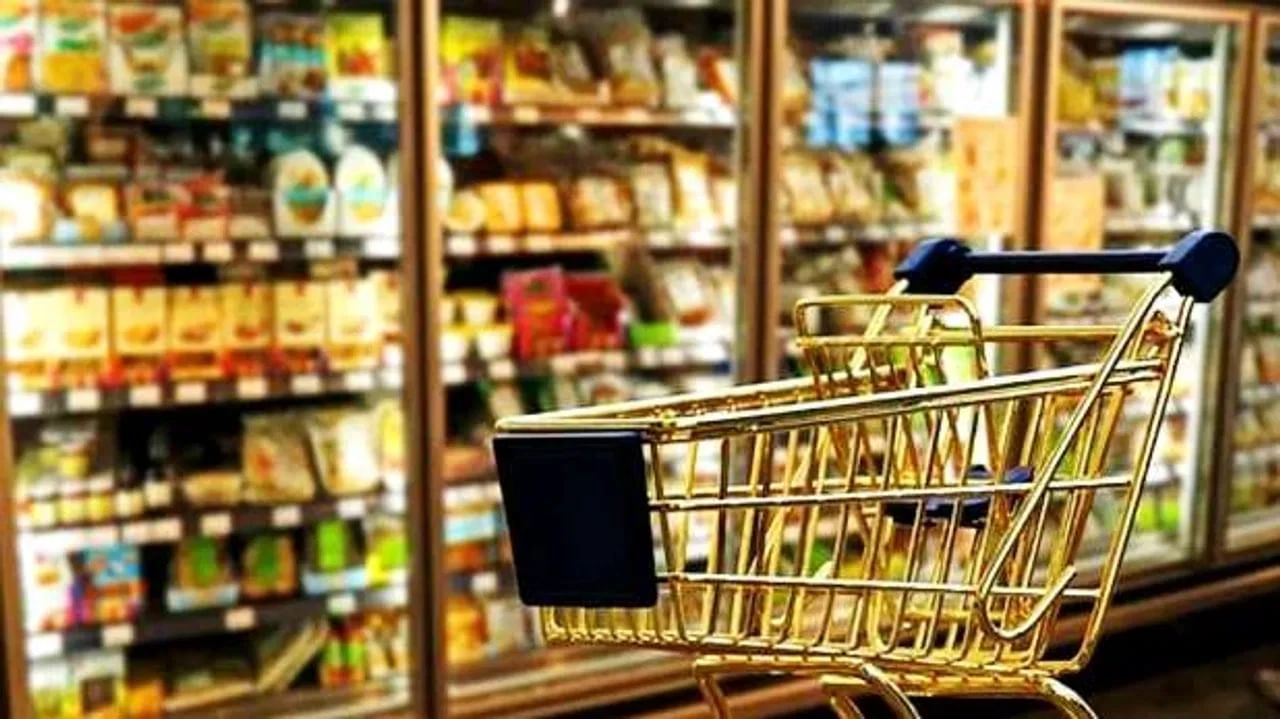
The COVID-19 pandemic has ushered in a revolutionary trend in India: rapid grocery delivery. As social distancing measures became imperative, platforms like Zomato’s Blinkit and Swiggy’s Instamart emerged, quickly adapting to changing consumer behaviors. With the entry of Zepto, the game has transformed dramatically. Not only is quick grocery delivery available, but now even an iPhone or a new charger can arrive at your doorstep within just 10 minutes. Zomato and Swiggy are trying to eliminate the need for home-cooked meals entirely by launching 10-minute food delivery services. This raises important questions: Why is there such fierce competition in this segment, and does this signal the end of home-cooked meals?
Quick Commerce: The Evolution of Food Delivery
Initially, Zomato and Swiggy primarily focused on food delivery. However, to sustain their businesses, these companies ventured into the quick commerce sector. Zomato’s founder, Deepinder Goyal, himself stated in an interview that acquiring Grofers to launch Blinkit was essential for their business continuity. With both Zomato and Swiggy as rivals, Swiggy intensified its efforts with Instamart to capture more market share.
With Zepto’s entry, the range of commodities in quick commerce expanded significantly. What began as a grocery delivery service has now evolved to include various household items. Zepto continually introduced new products, prompting other companies to follow suit. Jio Mart had previously attempted a similar approach by partnering with local grocery stores, but Zepto’s superior user experience has allowed it to outperform competitors.
Startup Dynamics and Business Sustainability
These startups thrive on cash burn and must continually expand their business to enhance sustainability. Initiated as a necessity during the pandemic, they have developed consumer habits using lucrative offers. The 10-minute food delivery service is part of this expansion strategy. Importantly, these startups became profitable after they began charging customers for platform usage, highlighting the robust demand for their services.
Investment Surge in Quick Commerce
Urbanization is rapidly expanding in India, with booming real estate and increasing disposable incomes in the middle class. Consumers who adopted online shopping in the 2010s experienced long delivery times and order inaccuracies, but the quick commerce trend has resolved these pain points. Presently, consumers with new aspirations seek fast delivery alongside online shopping. Platforms like Myntra are even offering quick delivery options for apparel, illustrating the growing importance of this service.
According to a report by India Today, quick commerce platforms witnessed a total purchase of $2.3 billion (approximately ₹19,760 crore) in 2023, marking a 22% increase compared to 2022. Furthermore, a RedSeer report forecasts that this figure could soar to $5.5 billion (around ₹47,250 crore) by 2025. Consequently, every company aims to secure its share of this rapidly expanding market.
Is the Trend of Home-Cooked Meals Coming to an End?
Urbanization and modernization consistently introduce new trends. A glance at advanced cities like Singapore illustrates this, where community kitchens have gained prominence, allowing residents to cook meals together. In modern times, the community kitchen concept is returning with a twist. In IT hubs like Bengaluru, where both partners in a household work, the home cooking trend is declining. Weekdays often see meals served at the office, while weekends favor the convenience of food delivery. For those inclined to cook, various community kitchens provide access to ingredients and cooking facilities for a small fee.
This mirrors the evolution of the middle class in India, where dining out at restaurants became popular in the 90s. Now, those same individuals, or their subsequent generations, view home cooking as a hobby rather than a necessity. Thus, the 10-minute food delivery model targets this modern middle class.
Zomato’s Deepinder Goyal even joked on a comedy show hosted by Kapil Sharma that he doesn’t cook; instead, he orders from Zomato constantly, exemplifying the shift in consumer behavior towards convenience.
